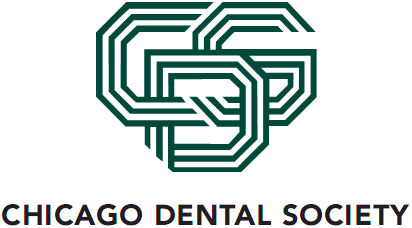Our dentists at Prairie Walk Dental may recommend apicoectomy to remove an infected tooth root and improve your oral health. This endodontic treatment is most frequently recommended for any tooth that does not heal properly after the initial root canal. Call our offitce at 630-968-5078 to set up your consultation with our dentists and learn more about apicoectomy in Lisle, Illinois.
In most cases, once your tooth has undergone root canal therapy it will not require further endodontic treatment for the rest of your life. In certain situations, however, the tooth may not heal properly or may develop a new infection. When this occurs, we may recommend an endodontic treatment known as an apicoectomy, or endodontic surgery. An apicoectomy involves removing the apex of the tooth, or the very tip of the tooth root. The tooth root is the part of the tooth that extends into your jawbone to hold the tooth in place. Each tooth has at least one root, and some have multiple. If the end of the tooth root becomes inflamed or infected, our dentists may recommend apicoectomy.
An apicoectomy involves making a small incision in your gum tissues near the tooth in order to access the underlying bone. We can then remove the very end of the root tip and any other infected tissues. We place a small filling to seal the end of the root canal, and a few stitches may be needed to help your gum tissues heal. Over the next few months, your bone will heal around the end of the tooth root.
If you have a tooth that has undergone root canal therapy in the past but is causing pain once again, you may need an apicoectomy. Please call or visit our office today to learn more and to schedule your appointment. We are dedicated to improving your dental health and relieving your pain.






